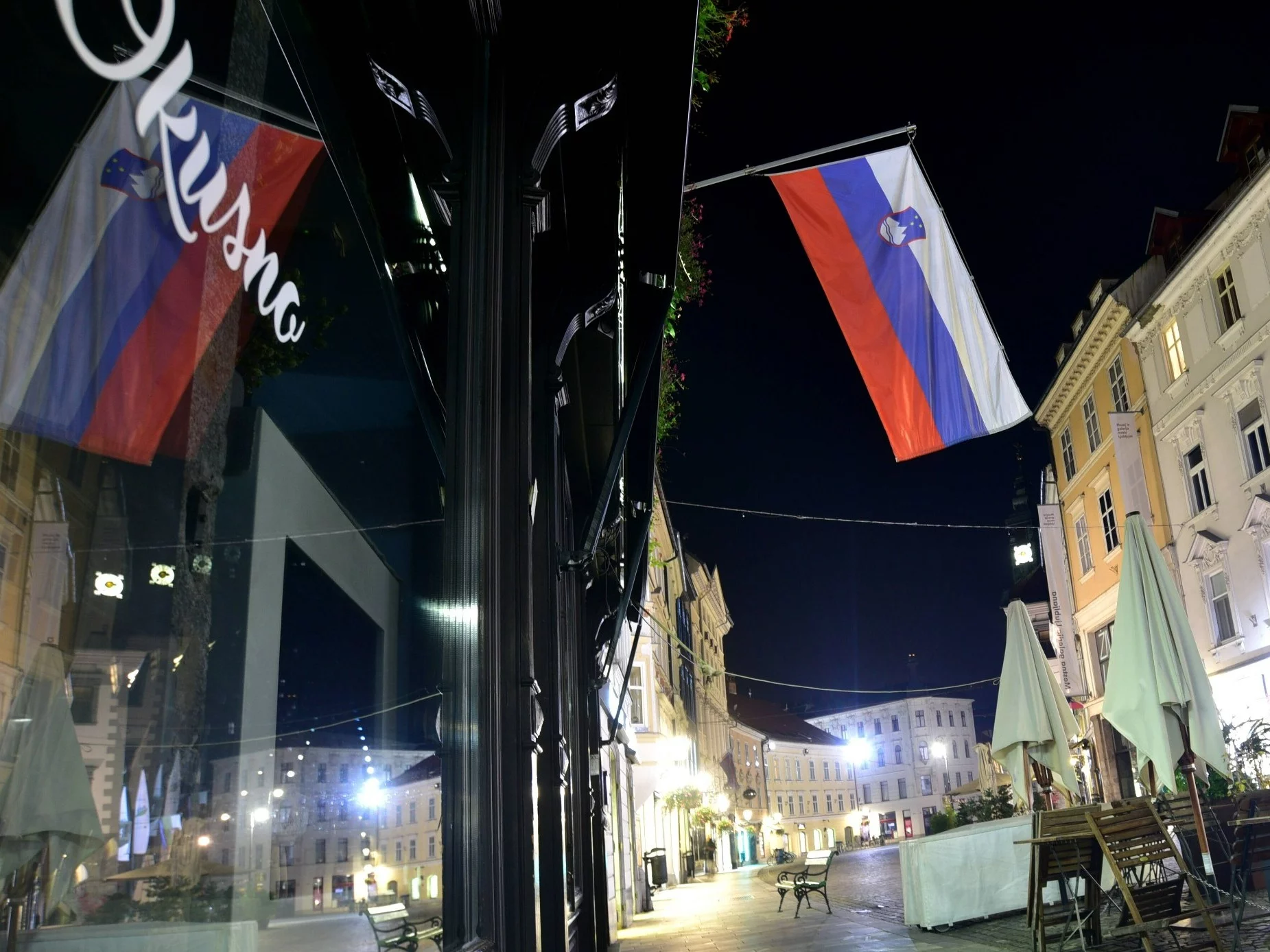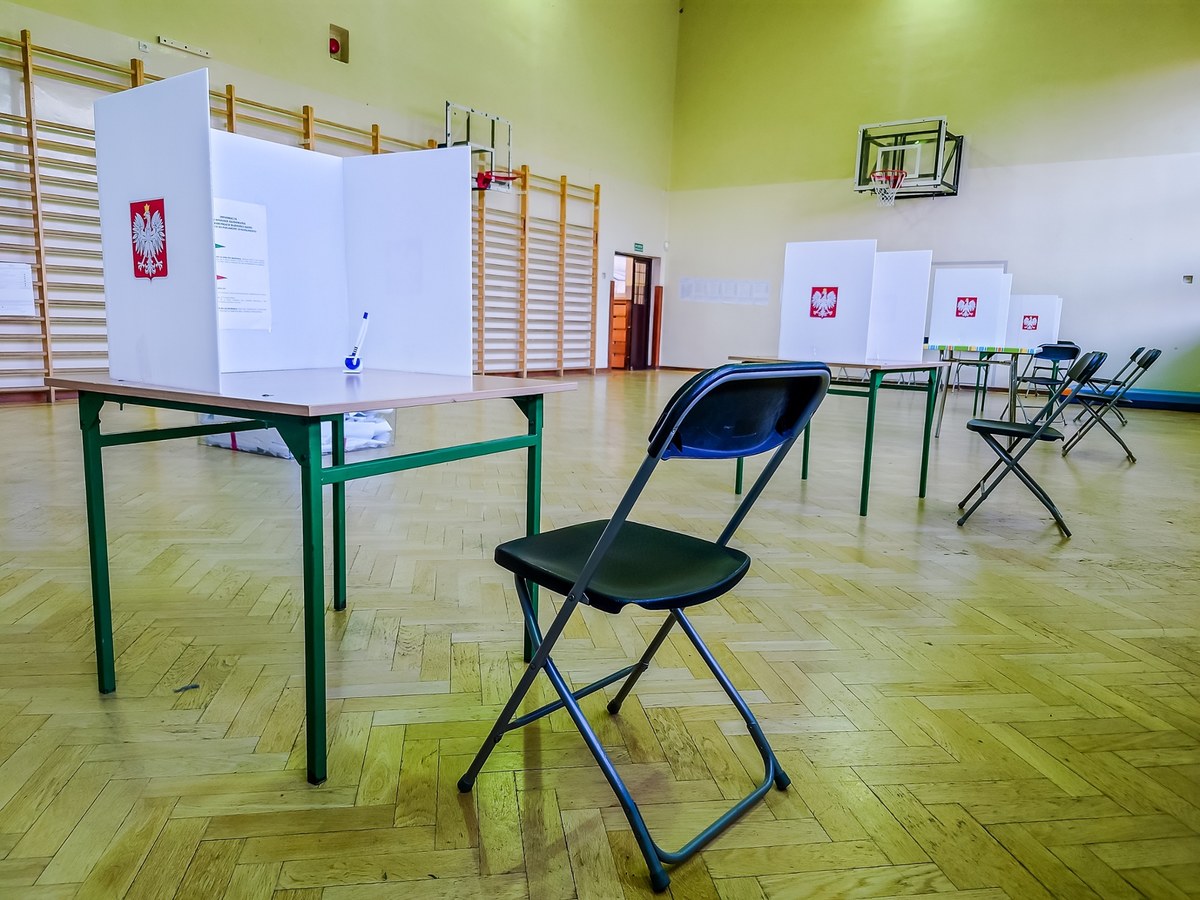Electoral turnout is 1 of the key indicators of citizens' commitment to political life. Elections to territory Councils in 2024 which held on 13 October, brought crucial changes in attendance in Gdańsk compared to the results of 2019. Data analysis shows a clear decline in participation in many districts, which may be a worrying signal of interest in the local elections. We decided to look at the details to realize how the engagement of voters has changed over the 5 years.
In 2024 most of the districts of Gdańsk recorded marked declines in election attendance compared to 2019. The most drastic changes were observed in districts specified as Brętowo and Brzeźno. In Brno, attendance dropped from 24.67 percent in 2019 to just 13.25 percent in 2024, which means a decrease of 11.42 percent points. Brzeźno besides recorded a decrease – from 20.89 percent to 12.39 percent, which translates into a failure of 8.5 percent points.
Similar trends have occurred in another districts. In Chełma, attendance in 2024 was only 9.82 percent, while 5 years earlier it reached 14.61 percent. A drop of 4.79 percent points shows a reduced engagement of the residents of this district.

Upper terrace – a clear decline in commitment
The analysis of attendance at the level of the districts shows that especially the advanced terrace of Gdańsk experienced greater declines than another parts of the city. It's the base of the current ruling option in the city. The average decline in attendance on the advanced terrace was 8.83 percent points, while in the districts of the lower terrace it was 6.5 percent points.
The largest decline was recorded in Osowa district, where attendance decreased by 13.41 percent points, which is the largest decline in the full city. A drop of a akin scale can besides be observed in the Suchanino district, where attendance decreased by more than 9 percent points. Are these declines due to reduced interest in politics, local problems, or another factors circumstantial to these districts? This is worth looking at, especially in the context of future elections.
Exceptions to trend – where has attendance increased?
Although the general trend indicates a decline in attendance, not all districts followed this trend. The Rudniki territory stands out against others, noting an increase in attendance of 5.9 percent points. In 2024 attendance in Rudniki was 22.37%, which is an awesome consequence compared to many another districts of Gdańsk. This shows that there are places where interest in elections has increased, which could be the consequence of local social activities or information campaigns.
A akin trend can be seen in Jasień district, where although attendance did not in itself increase, the number of eligible voters increased by 4585 people. This is the largest increase in the number of voters throughout the city, which can be a sign of the dynamic improvement of this territory and the influx of fresh residents.
The increase in the number of voters does not always translate into an increase in attendance, but can be an crucial indicator of demographic change.

Demographic background
Data show that the number of voters varied in different ways in individual districts of Gdańsk. The largest decrease in the number of voters entitled to vote was recorded in Downtown, where the number of voters decreased by 2531 people. Not from present is called the Midtown territory of Booking.com. So this could be the effect of migration or demographic change that affected the local population structure.
Read more:
The increase in the number of voters in Jasień and the decline in Śródmieście may indicate changes in urbanisation and infrastructure improvement in these regions. Places like Jasien become attractive to fresh residents, while Midtown can conflict with depopulation or an ageing population. It is worth examining how these factors affect election turnout in the long term.

Why didn't the Gdańsks go to the election? Analysis of the decline in attendance in 2024
The election turnout in Gdańsk during the 2024 election dropped importantly compared to 2019. The decline in interest in the elections seen in many districts of the city raises questions about the origin of this situation. Why did any residents decide not to take part in the election? Analysis of respective possible factors gives an overview of possible causes of this.
Lack of a proactive run as a key factor
One crucial reason for the decline in election attendance in 2024 may have been the deficiency of an effective promotion campaign. Campaigns encouraging citizens to vote, especially in large cities, play an crucial function in mobilising voters. In the case of Gdańsk, the deficiency of extended action to advance participation in the elections may have affected the fact that many residents resigned from voting. Effective promotion campaigns, frequently organised by local governments, social organisations or even political parties, aim to rise awareness of the importance of their voice and the political consequences of low attendance.
In 2024, there were no visible action on a massive scale to remind residents of the importance of elections. The deficiency of information campaigns on local problems and the anticipation of real influence on politics by participating in elections could discourage voters, especially in younger age groups, which frequently require additional motivation to go to the polls.
Political fatigue and distrust
Another of the key reasons why people in Gdańsk could resign from participating in elections is political fatigue. This is the 4th election in 1 year. Many years of turbulent public debates, political polarisation and deficiency of consensus on a number of crucial issues can lead to frustration among citizens. Gdansk, like the people of another large cities in Poland, may feel tired of the constant conflict between the main political forces. As a result, many voters may feel that their voice will not change reality, leading to discouragement and deficiency of motivation to vote.
Studies show that during periods of increased polarisation, peculiarly in countries where politics is powerfully confronted, citizens lose assurance in democratic institutions, which affects lower election turnouts.
In 2024 we could deal with specified a phenomenon – voters, discouraged from political camps, certain beliefs of candidates, simply decided not to participate in the elections.
No clear political offer
The discontent of voters may besides be due to the fact that they did not feel represented by any of the political options. If candidates do not present programmes that actually respond to the real needs of residents, especially in the context of local problems, any voters decide to stay home.
In districts specified as Brętowo, Brzeźno or Chełm, where the declines of attendance were most pronounced, the deficiency of political action at local level could have contributed to discouragement of residents. Voters frequently search concrete, tangible proposals to solve their regular problems – specified as infrastructure, housing or social policy. If they do not see any clear changes in political programmes, they may decide that their participation in elections is pointless.
Demographic change and migration
Electoral turnout may besides have fallen due to demographic change. Gdańsk is simply a city that develops dynamically and attracts fresh residents, but not all fresh visitor feels a strong bond with the place of residence, which can affect participation in elections. Districts specified as Jasień, where the number of voters increased by over 4,500 people, could attract people who had not yet engaged in local political life.
Some residents of fresh districts, frequently working in another parts of the city, may not have adequate time or motivation to engage in local politics. fresh residents may besides feel little connected with local problems and political issues, resulting in lower voter attendance.
On the another hand, districts specified as Midtown, which have seen a crucial decrease in the number of voters (by over 2,500 people), may endure from depopulation or an ageing population. Older voters who traditionally had higher participation rates may leave the city, which besides reduces overall attendance.
 Low turnout in elections to territory councils in Gdańsk. ANALYSIS
Low turnout in elections to territory councils in Gdańsk. ANALYSISLow interest in the election campaign
One possible explanation for the decline in attendance is besides the low interest in the election campaign. In local or parliamentary elections, the run strength and direct contact between candidates and voters are important. If the run is weak and the candidates do not carry out active promotional activities, residents may not feel the request to vote.
In 2024, a situation could have occurred in which the election run did not effectively scope many inhabitants. In districts specified as Brzeźno or Angelka, where attendance has fallen markedly, it can be assumed that the candidates may not have reached all voters, which influenced decisions not to participate in the elections. Candidates who invested little resources in the local run may not have built adequate interest in their individual and program.
Social and economical factors
Social and economical problems may be another origin affecting lower attendance. any voters, especially in a hard material situation, may be more focused on regular challenges than on politics. Problems with the cost of living, surviving or unemployment can make elections little crucial to them. Gdańsk, as a large city, is not free from problems associated with rising surviving costs, which could affect attendance, especially in little prosperous districts.
In districts specified as Chełm, where attendance fell to 9.82 percent, this may be 1 of the reasons for lower voter engagement. Residents who face regular difficulties may not see a direct link between elections and improving their economical situation.
Read more: The bookmakers already know who wins the U.S. election.


















